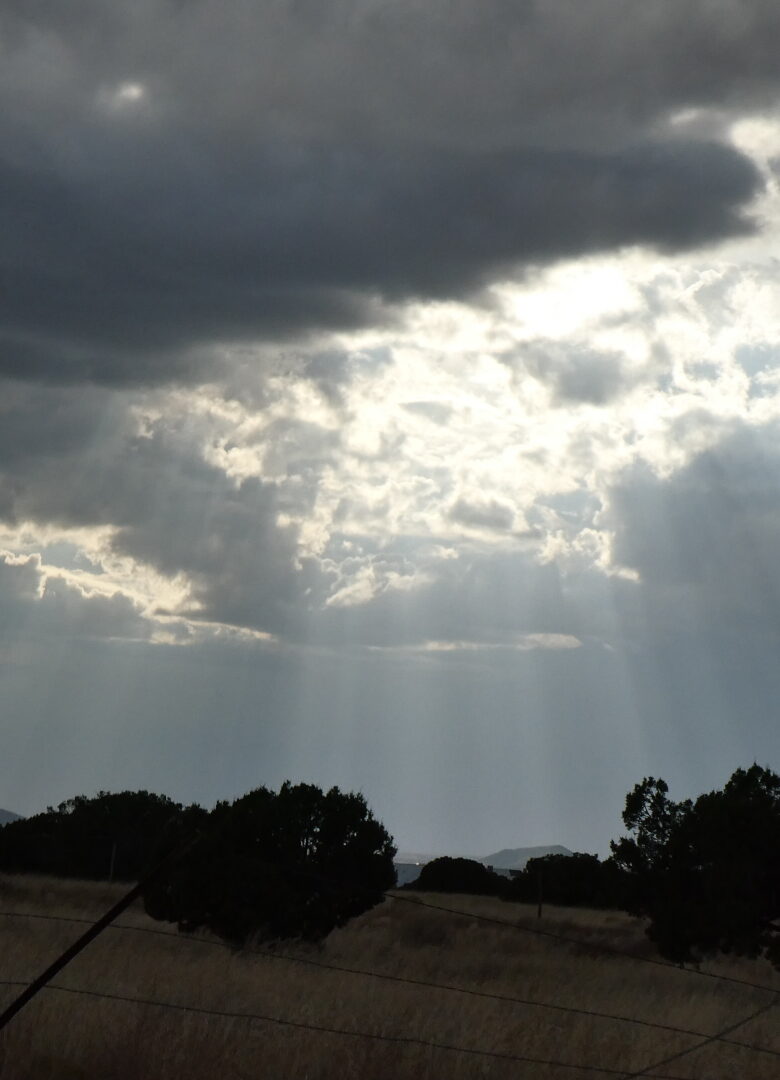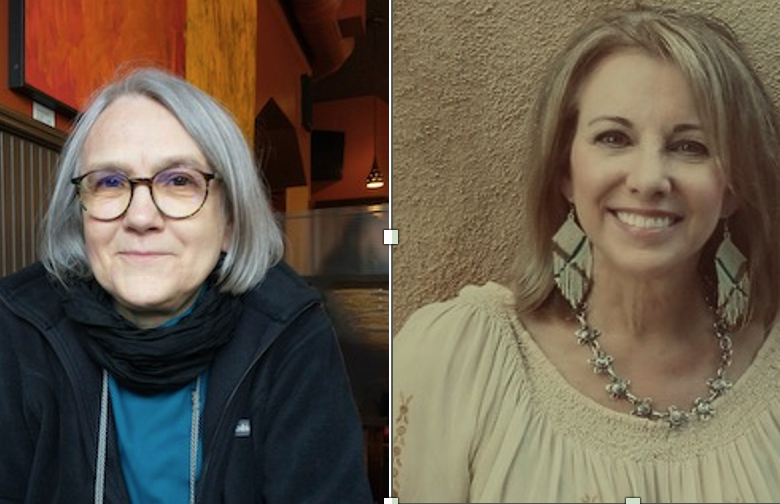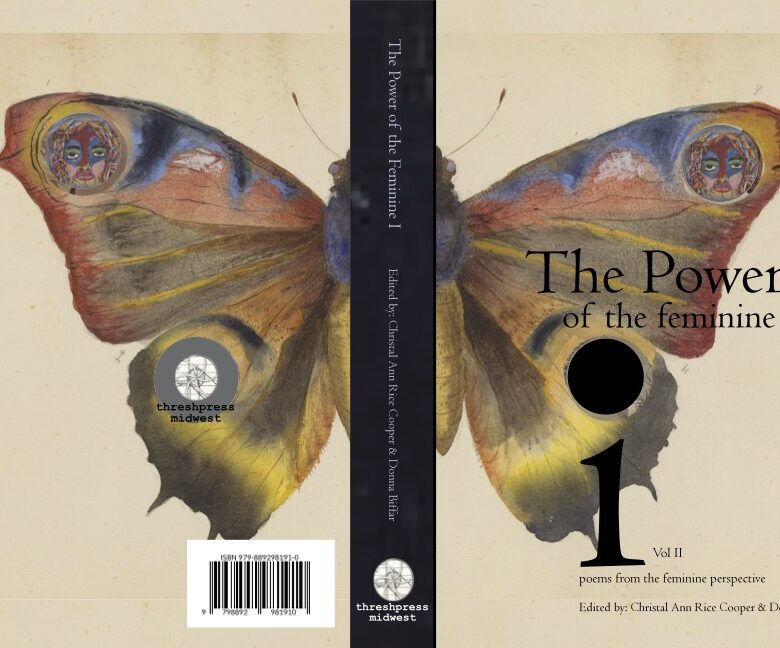 Word Chaser at the Racer* is a new reading series starting June 19th, and will be continue on the 3rd Wednesday of each month! Since I’m starting this with co-instigator Jeffrey Kahrs, I decided to send out reading advise I’ve picked up and used over the years. Below is a list of what I think about and how I’ve experimented with organizing readings. Each time I go to a well organized reading I learn new tips. I hope this is helpful.
Word Chaser at the Racer* is a new reading series starting June 19th, and will be continue on the 3rd Wednesday of each month! Since I’m starting this with co-instigator Jeffrey Kahrs, I decided to send out reading advise I’ve picked up and used over the years. Below is a list of what I think about and how I’ve experimented with organizing readings. Each time I go to a well organized reading I learn new tips. I hope this is helpful.
Considerations:
- Timing! How long is your reading?
- Thank yous! Who invited you to read?
- What is your Emphasis: Educate? Entertain?
- Who is in your audeince? Children or not?
- Do you do intros to poems or not? (use reminder notes!)
- Do you know the space? Lighting? Podium?
- Do you need to make your print a size larger?
There are a variety of ways to organize a reading from a book. If your book is in sections, use them to name the section, say a sentence or so about each and read a poem or a few from each section. I did that with my both my books: with No Father Can Save Her, because it had an arch I was able to read poems that gave a sense of the overall book; with truth be bold I used the sections when I had a long reading, each is titled with a rhetorical question that sets a tone.
My celebration for the birth of No Father Can Save Her was a long reading of 30 plus minutes, so I used a lot of poems with lines from songs, and sang the lines when reading, at the last poem the whole audience sang the chorus with me. That was unexpected and fun. For a short reading of 10 minutes it was one or two short poems from each section, and if time an ending poem that is a good finish poem, something light and memorable.
It is always better to leave the audience wanting more, so less is often better than trying to cram in too many poems. Remember to read slow, to breathe, and look up at the audience. It helps to keep a finger where you go back to, so you don’t lose your place, particulariy in a prose reading. In reading, aim your voice to the person the furthest away, and if you have access to a microphone use it, people who are hard of hearing appreciate that. There is nothing worse than going to a reading where you cannot hear the reader.
Another way to set up your reading is by theme: a color that goes through your work, sections you’ve never read and speak to why (too scary, or difficult emotionally to read—talk about taking a risk, people will feel included in your process and it expresses the nervousness bringing them closer to you), or use a theme from your writing (religion or flowers). The theme can be anything.
If your book is about an artist, say something about why you wrote the book, what you learned, what resonated for you personally, and then read sections that highlight your points.
Read your work in advance to time it out, read it in sequence, then make adjustments knowing that reading at home is usually faster than reading at the venue. I use a count down timer to make sure I’m in the range of a little under the time scheduled to read.
Write out the names or sections you plan to read with their page numbers on a sheet and add brief notes of what you want to say for each poem so you don’t forget. I usually do more than one draft. It is easy to forget even the most obvious things. I did a three night performance where I had ten minutes and each night forgot to say I would have the book available for sale at intermission. If you are in a place that is selling the book for you this is not a problem. Self-promotion is a challenge for many of us.
Also, I use small colored tags to mark the pages, so it is easy to get to the pages between poems or sections, and avoid fumbling. I use a two color system, for what I definitely want to read, and then a different color for possible additional poems in case there is more time. You can even number the edges of the tabs if you want to.
The only readings I don’t plan out are open mikes, I take a couple of poems with me and read according to the temperature of the reading, usually one poem, maybe two if short.
*Note: Stacey Levine had to withdraw for the June reading, but will read in July! In the June reading we will have a brief memory of Dobbie Reese Norris, a local poet who passed away and holds special memories for the two organizers and many local poets.
Publication news!



